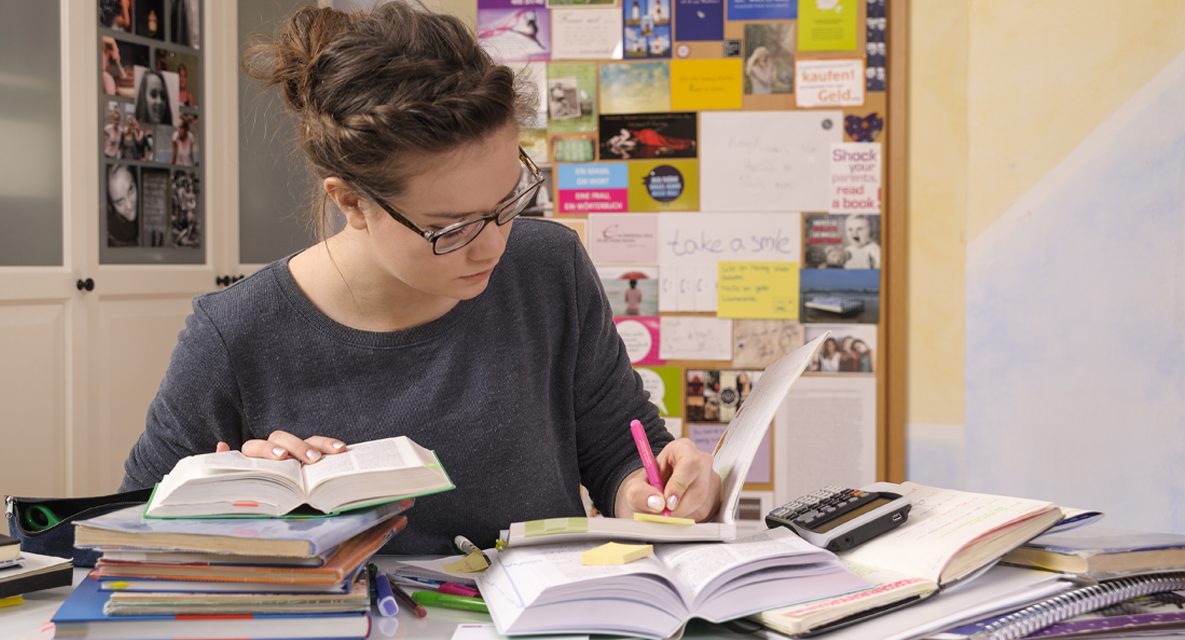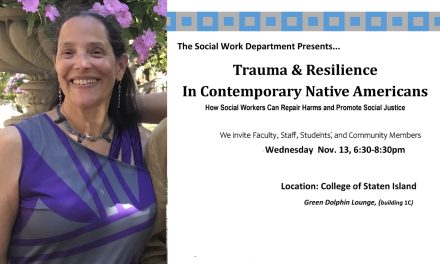College of Staten Island Academic Resource Center Coordinator Dominic Fiduccia led the Office of Academic Support’s Study Habits and Time Management event on Thursday, March 27. He urged utilizing schedules to prevent procrastination and different studying approaches.
Since 2019 Fiduccia has been holding this workshop on Zoom and in-person to give students the best tips and strategies to help them through the trials and tribulations of a college semester. One thing that plagues college students is procrastination, due to the amount of distractions we allow ourselves to give into, especially those like our cell phones that aren’t so easy to avoid.
Using the acrostic-styled strategy of the use of the word “SMART,” Fiduccia presented, we can learn the key skills of time management, Specific, Measurable, Attainable, Realistic, and Timely.
“These are words to think of when focusing on time management and can help you assert greater control over your use of time and energy, rather than allowing tasks and demands to control and overwhelm you,” he said.
Fiduccia defined procrastination to students as not knowing where to begin when approaching different assignments and tasks. Students have talked to Fiduccia in recent years about how to manage distractions while taking notes on devices like laptops and cellphones, which can be problematic factors keeping us from staying focused. Since traditional handwritten forms of note-taking may be less efficient for students nowadays, Fiduccia recognized different methods of staying focused while using our everyday devices.
Regarding online classes, he urged students to make the most out of video lectures by sticking to your instructor’s schedule, to help recreate a feeling of normalcy and prevent yourself from falling behind. Scheduling for yourself specifically involves measuring goals in a timely fashion, and realistically, but also by giving yourself a break from the screen when allowed or needed, especially while learning online you should get up and move around. Professors often record these sessions as well, but Fiduccia also tells students to find out how to ask questions after or during classes to make understanding your coursework easier.
Prioritizing these different strategies can help you shape your own schedule whether you learn from home or on campus. A brief 30-minute break could be just as important as the 30 minutes to an hour of prioritizing studying, and can also prevent you from being distracted or having to multi-task, which can be a disservice to attaining all of the important information you are trying to learn.
“It may be tempting to try and focus on doing your work until it’s done but it’s not healthy to sit in one place or in front of a screen for long periods of time because it’s important to remain refreshed and to stay active,” said Fiduccia.
Fiduccia’s strategies and tips are a gold mine for new and returning students trying to take advantage of a difficult aspect of school, especially when learning some of the expectations your professors may be looking for. If you have to change your note-taking or studying approach, make sure to ask your professors who can help you make adjustments and make managing your time easier while taking their class. Events like this can show you the necessary steps achievable by any student, trying to succeed in their studies and prevent the stress and overwhelming nature that can come with it.
By Kyle Cicero
















